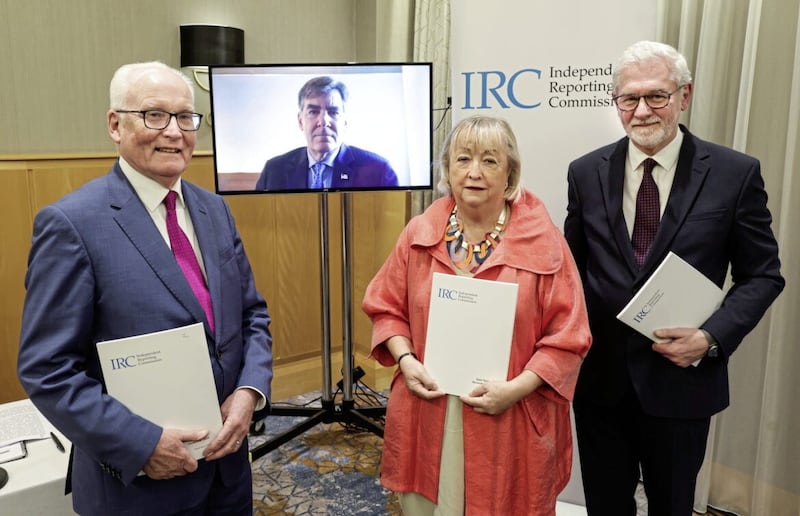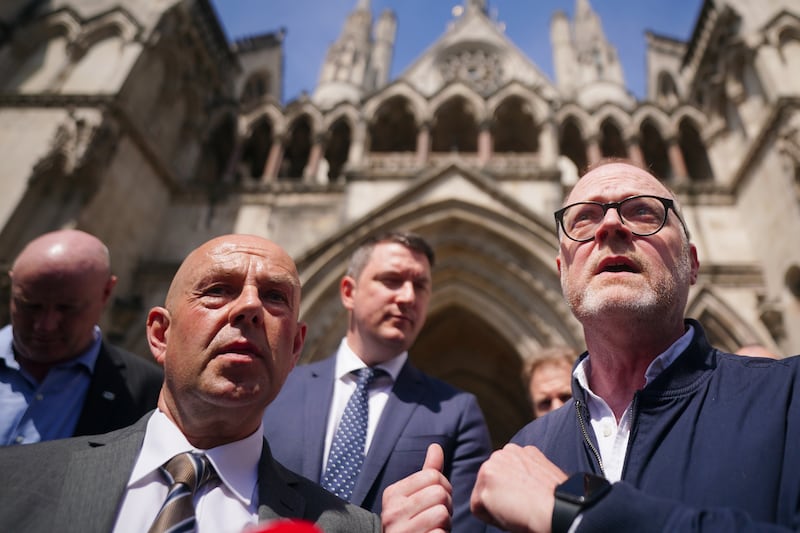Any sensible discussion about the activities of the paramilitaries who continue to blight our society needs to first acknowledge that these criminal gangs should have been firmly consigned to history decades ago.
The Good Friday Agreement was signed in 1998, yet the process of decommissioning and disbanding paramilitary groups has dragged on in the guise of an apparently endless process of 'transitioning'.
A lot of taxpayers' money has been devoted to this. While there may have been some successes along the way, it has long been difficult to see how this is remotely sustainable while communities are being terrorised. Few would argue against a stronger policing and justice approach; less carrot, more stick.
The abhorrent activities of dissident republicans, including February's gun attack on Detective Chief Inspector John Caldwell at a children's football training session, are a festering sore.
Loyalist paramilitaries, meanwhile, appear to be able operate almost in plain sight. The apparent influence they hold on political unionism is as alarming as it is bewildering. For example, there is a tendency to treat the Loyalist Communities Council – an umbrella group which purports to represent elements of the UVF, UDA and Red Hand Commando – as if it were a trade union, business lobby group or some other respectable enterprise.

The Independent Reporting Commission, which offers regular assessments on paramilitary activity and the progress on steps to end it, argues there should be "an agreed formal process of group transition". This would involve direct engagement with paramilitaries "in order to bring about disbandment".
The commission has formed the view that "you cannot arrest your way out" of paramilitarism, and that disbandment "has to involve voluntary action by the groups themselves".
In a similar vein, it comments that "to see paramilitarism as solely criminal behaviour is an incomplete analysis" and that "the issue of the groups' organisation and structures must be addressed".
Read more:
Heightened vigilance needed as 194 homeless due to paramilitary threats – report
East Belfast UVF is being 'stood down'. But why aren't all paramilitaries being put out of business?
Newton Emerson: How strictly will Irish government enforce new Windsor Framework rules?
It calls for the British and Irish government to appoint an independent figure "who would scope and prepare the ground for a possible process of engagement, with a view to bringing about group transition to disbandment".
While worthy, these proposals will be greeted with a certain weary exasperation. If the transitioning process is to be further formalised and extended for some undefined period, then the commission needs to make a stronger case, especially when loyalist paramilitaries are running amok and police officers are under threat from dissident republicans.







